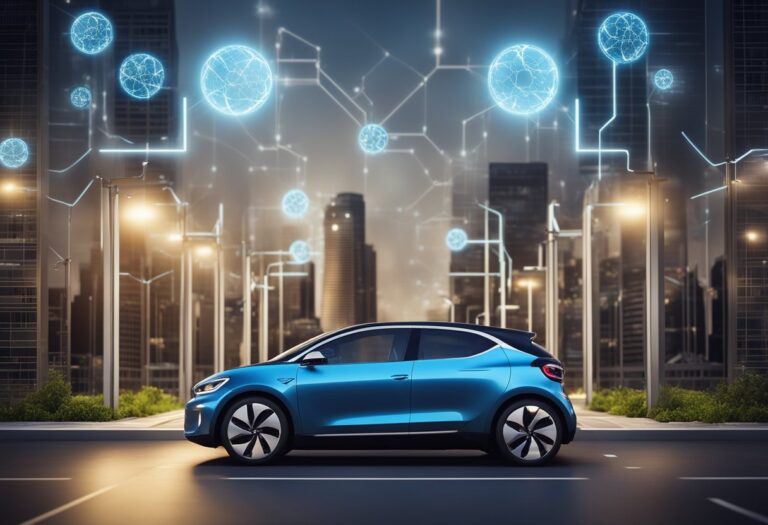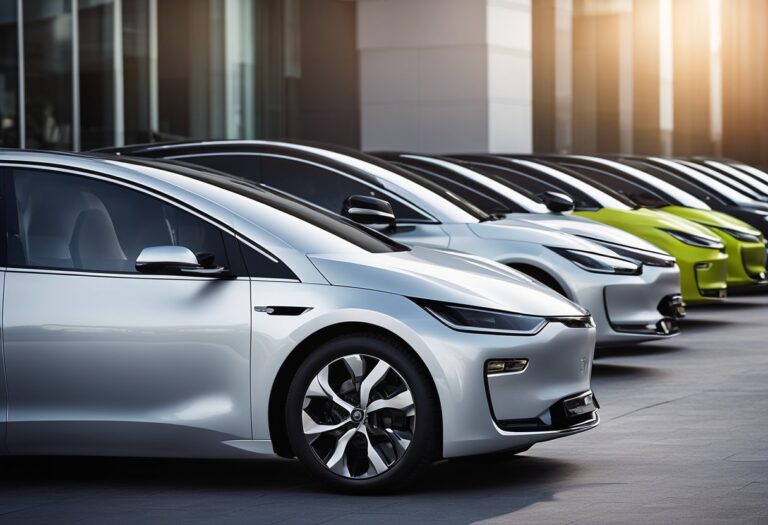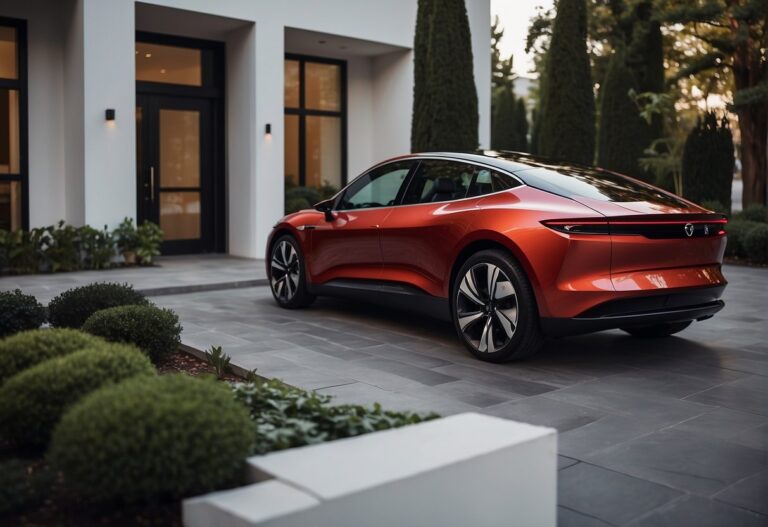Electric cars are becoming increasingly popular as more people look for ways to reduce their carbon footprint and save money on fuel costs. While electric cars are often more expensive to purchase than traditional gas-powered cars, they can offer significant savings over the long term. In this article, we will explore the cost of owning an electric car and the savings and incentives that can make them a smart financial choice.
One of the biggest advantages of owning an electric car is the potential for savings on fuel costs. Electric cars are much cheaper to operate than gas-powered cars, with the average cost of electricity in the US being around 13 cents per kilowatt-hour. This means that it can cost as little as $3 to fully charge an electric car, compared to the $30-$40 it might cost to fill up a gas tank. Over time, these savings can add up, making electric cars a smart financial choice for many people.
In addition to savings on fuel costs, there are also a number of incentives available to electric car owners. These incentives can vary depending on where you live, but can include tax credits, rebates, and other financial incentives. For example, some states offer rebates of up to $5,000 for the purchase of an electric car, while others offer tax credits of up to $7,500. By taking advantage of these incentives, electric car owners can save even more money and make their electric car purchase even more affordable.
Understanding the Financial Benefits of Electric Car Ownership
Electric cars have become increasingly popular in recent years due to their eco-friendliness and long-term cost savings. In this section, we will discuss the financial benefits of owning an electric car.
Purchase Price and Tax Credits
The purchase price of an electric car is generally higher than that of a gas-powered car. However, the federal government and many states offer tax credits and rebates to incentivize the purchase of electric vehicles. For example, the federal government offers a tax credit of up to $7,500 for the purchase of an electric car. Additionally, some states offer their own incentives, such as rebates or reduced registration fees.
Long-Term Savings on Fuel and Maintenance
Electric cars have lower fuel costs than gas-powered cars because electricity is cheaper than gasoline. According to a study by Consumer Reports, electric cars cut repair and maintenance costs by 50% over similar gas-powered cars. This is because electric cars have fewer moving parts and require less maintenance.
In addition to lower fuel and maintenance costs, electric car owners can also save money on electricity costs. The national average cost to charge a battery EV ranges from 8 cents per kilowatt-hour (kWh) to 27 cents, with an average of 15 cents. This corresponds to an average lifetime fuel cost savings of $3,000 to $10,500.
Overall, electric cars can be a good investment for those who are looking to save money in the long run. While the initial purchase price may be higher, tax credits and rebates can help offset the cost. Additionally, lower fuel and maintenance costs can lead to significant savings over time.
Additional Considerations in EV Ownership
Charging Infrastructure and Home Charging
One of the primary concerns of potential EV owners is the availability of charging infrastructure. While public charging stations are becoming more common, it is important to consider the feasibility of accessing them regularly. In many cases, it may be more convenient to install an at-home charger, which can be done for a reasonable cost. It is also important to consider the charging costs, which can vary depending on electricity rates and the charging station used.
Insurance and Repair Costs
Insurance and repair costs for EVs are generally similar to those of conventional cars. However, it is important to note that repair costs for EVs can be higher due to the specialized technology used in their construction. It is also important to consider the cost of battery replacement, which can be a significant expense for some models.
Resale Value and Depreciation
EVs generally have a higher resale value than conventional cars, due in part to their lower maintenance costs and the availability of government incentives. However, it is important to consider the potential for depreciation, which can be affected by factors such as reliability and consumer reports. Some models, such as the Tesla Model 3, have been shown to have strong resale value, while others may not fare as well.
Overall, while there are some additional considerations to keep in mind when owning an EV, the potential savings and incentives make it a compelling option for many drivers. By carefully considering factors such as charging infrastructure, insurance and repair costs, and resale value, potential EV owners can make an informed decision about whether an electric car is right for them.
Frequently Asked Questions
What tax incentives are available for electric car owners?
Electric car owners can take advantage of federal tax credits, state incentives, and local rebates. The federal tax credit for electric vehicles ranges from $2,500 to $7,500, depending on the battery size of the vehicle. State incentives and local rebates vary by location. It is recommended that you check with your state and local government to see what incentives are available in your area.
How do electric vehicle (EV) savings compare to traditional gas vehicle costs over time?
EV savings can vary depending on the make and model of the vehicle, as well as the driving habits of the owner. However, in general, EVs have lower operating costs than traditional gas vehicles due to the lower cost of electricity compared to gasoline. Additionally, EVs require less maintenance than gas vehicles, which can lead to additional savings over time.
What are the hidden costs associated with owning an electric car?
While electric cars have lower operating costs than traditional gas vehicles, there are still some hidden costs to consider. These can include the cost of installing a home charging station, the cost of replacing the battery, and the cost of any necessary repairs. Additionally, some electric cars may have a higher purchase price than traditional gas vehicles.
How long does it typically take for the savings from an electric car to cover its purchase price?
The length of time it takes for the savings from an electric car to cover its purchase price can vary depending on the make and model of the vehicle, as well as the driving habits of the owner. However, in general, it can take several years for the savings to cover the higher purchase price of an electric car compared to a traditional gas vehicle.
Can you quantify the average savings on fuel for electric car owners versus gasoline car owners?
The average savings on fuel for electric car owners compared to gasoline car owners can vary depending on the make and model of the vehicle, as well as the driving habits of the owner. However, in general, electric car owners can save hundreds or even thousands of dollars per year on fuel costs compared to gasoline car owners.
What financial benefits can be expected when switching from a conventional car to an electric vehicle?
Financial benefits of switching from a conventional car to an electric vehicle can include lower operating costs, tax incentives, and reduced environmental impact. Additionally, some electric cars may have a higher resale value than traditional gas vehicles.



